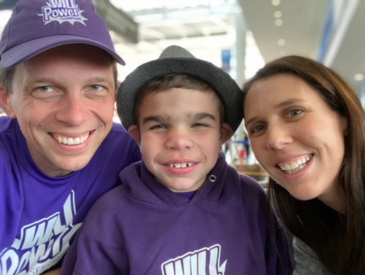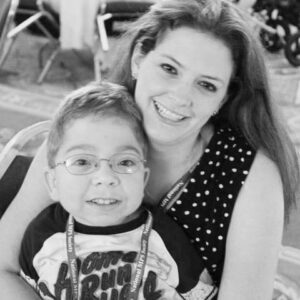Family and Community
Deciding to participate in a clinical trial may have an impact on your life that goes beyond the medical changes it may bring for your child. Many clinical trials require a family to travel long distances and to be away from home for long periods of time. Participating may mean that you must spend a significant amount of time away from your partner or other children, your extended family and friends. Participating may impact your or a family member’s education and/or career. As you consider the clinical trial requirements, work with your family, friends or professionals to brainstorm possible solutions to any concerns or possible roadblocks you may have or identify.

Your Team:
A specialist whose aim is to improve the quality of life of their patients over the course of their illness regardless of stage, by relieving pain and other symptoms of that illness.
A professional who provides guidance and support.
A professional who teaches lessons about emotions, thoughts, coping skills, facing fears, and more.
A pediatric health care professional who works with children and families to help them cope with illness, injury and other medical experiences.
A parenting partner and other family members will likely be your main support. A palliative specialist can help you work through your feelings about and many of the logistics of the trial and its aftermath. A child-life specialist will be sensitive to the needs of siblings and can advise you on how to help them navigate changes in the family’s routine as well as their own emotions. A therapist or counselor can be a helpful sounding board as you experience life during and after the trial.
Many clinical trials include restrictions on sharing experiences during participation in a trial. In this case it may be difficult to face other families that are curious or anxious for information, and so it is common for families participating in clinical trials to begin to isolate themselves. These experiences are a natural by-product of the clinical trial experience, and they deserve to be acknowledged and addressed. Your disease group’s Director of Family Services role can be a source of support.


